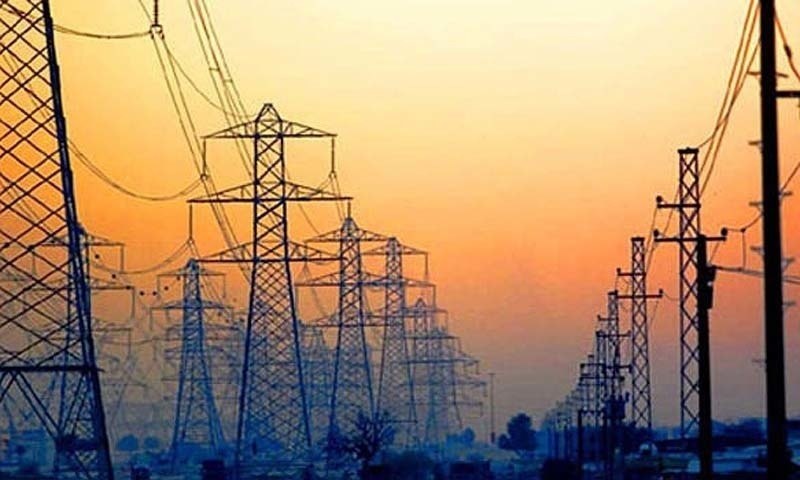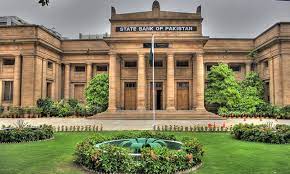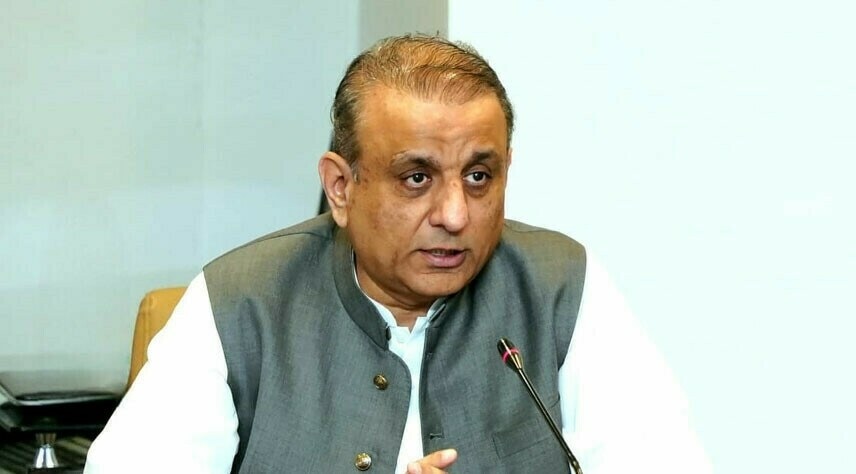PTBP Web Desk
Prime Minister Shehbaz Sharif welcomed a delegation of Executive Directors from the World Bank on Monday. This visit marks the first time in two decades that such a high-level World Bank team has traveled to Pakistan, with the primary objective of reviewing the implementation of a massive $40 billion funding package aimed at various national development projects.
The Prime Minister’s Office (PMO) released a statement detailing the warm reception extended to the World Bank delegation. PM Shehbaz Sharif emphasized the long-standing partnership between Pakistan and the World Bank, which spans over seven decades. “The partnership between the World Bank and Pakistan spans the past seven decades,” he stated, reflecting on the deep ties that have supported the country’s growth.
Over the years, this collaboration has resulted in the successful completion of several major projects that have played a pivotal role in Pakistan’s national development and reconstruction efforts. These initiatives have been instrumental in improving infrastructure, social services, and economic stability across the country.
During the meeting, PM Shehbaz Sharif highlighted the transformative potential of the World Bank’s recent Country Partnership Framework, which includes a $40 billion investment in Pakistan. “Under the World Bank’s recent Country Partnership Framework, an investment of $40 billion will be made in Pakistan, which is a welcome development,” he said. This substantial funding is expected to usher in a new era of growth and development for the nation.
The investment is split into two key areas. Firstly, $20 billion will be directed toward critical social sectors, including health, education, and youth development. These projects aim to improve the quality of life for millions of Pakistanis and empower the younger generation to contribute to the country’s progress. Secondly, an additional $20 billion will be invested in Pakistan’s private sector through the International Finance Corporation (IFC), the World Bank’s financing arm. This infusion of capital is expected to accelerate economic activity and stimulate growth in industries and businesses across the country.
“I am grateful for the World Bank’s confidence in the government’s policies,” PM Shehbaz Sharif remarked, expressing optimism about the positive impact of this partnership on Pakistan’s future.
The Prime Minister also briefed the delegation on the government’s ongoing reform efforts. He highlighted the digitization initiatives within the Federal Board of Revenue (FBR), which are designed to enhance transparency and curb inflation. Additionally, reforms in the power sector are yielding tangible results, including an uninterrupted power supply and a reduction in deficits. These measures reflect the government’s commitment to economic stability and sustainable development.
The World Bank delegation commended Pakistan’s reform program, noting its positive outcomes. According to the PMO statement, “The delegation appreciated the government’s reform initiatives in energy, industry and exports, privatization, revenue, and other sectors.” This acknowledgment underscores the effectiveness of the government’s policies and their alignment with international development goals.
The World Bank delegation comprises nine Executive Directors, each overseeing portfolios of different countries within the organization. Their visit to Pakistan is a testament to the importance of the country’s development agenda on the global stage. During their stay, the delegation will engage in discussions about economic development projects and investment opportunities, further solidifying the partnership between Pakistan and the World Bank.
The meeting was attended by several prominent figures, including Federal Ministers Ahsan Iqbal, Ahad Khan Cheema, Sardar Owais Khan Leghari, Dr. Musaddiq Malik, Ministers of State Ali Pervez Malik, Shaza Fatima Khawaja, and other senior officials. Their presence underscores the government’s unified approach to leveraging this funding for maximum impact.
Earlier, the IFC announced plans to increase equity investments and target large-scale infrastructure financing in Pakistan. In an interview with Reuters, IFC Managing Director Makhtar Diop revealed that this initiative could unlock up to $2 billion annually over the next decade. He emphasized the critical role of these investments in developing key infrastructure, such as international airports, energy projects, water systems, and ports.




